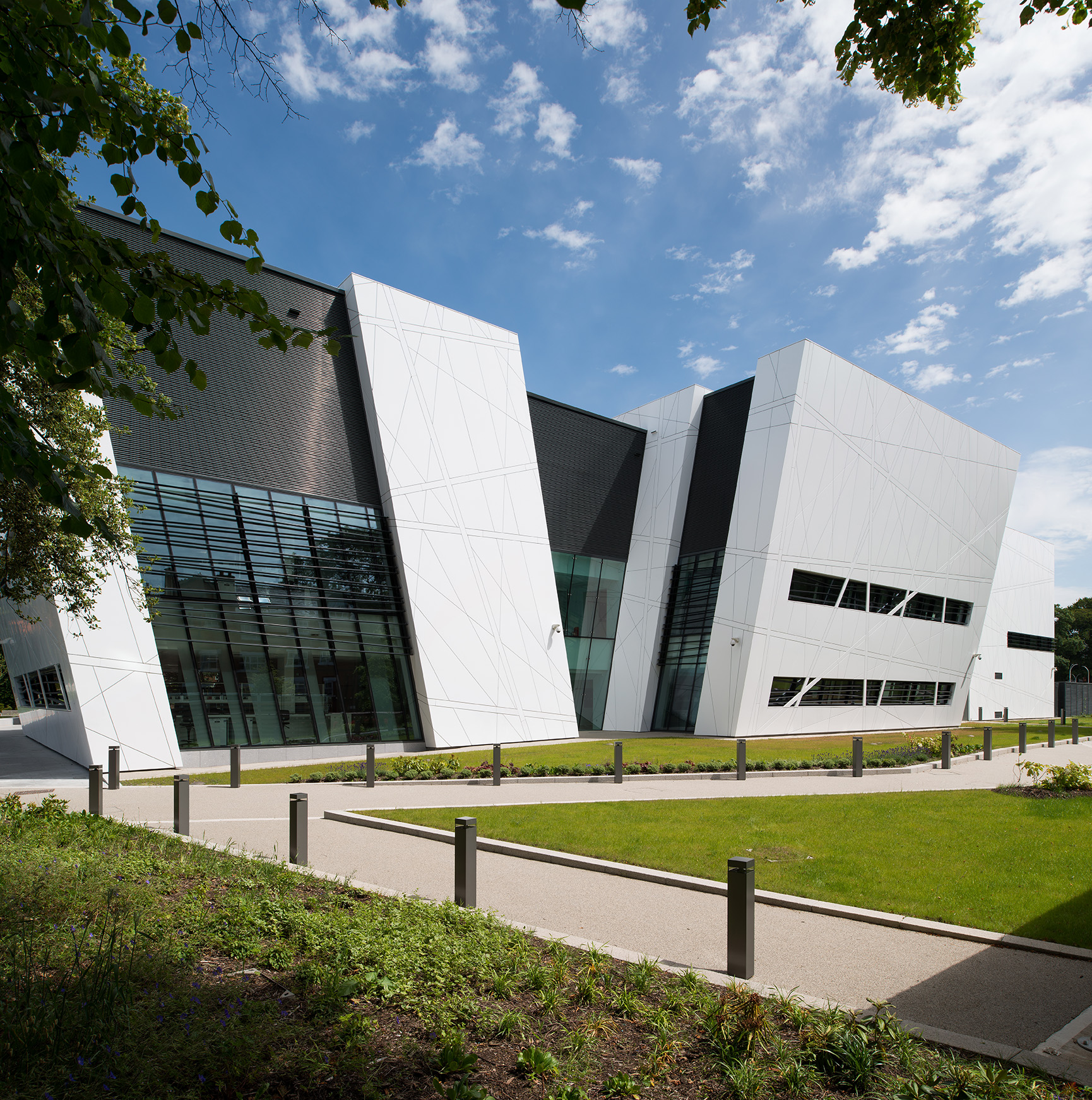Closing date: 17/11/2025
Non-Clinical Studentship Project: Determining the role of Circulating Tumour Cells in promoting metastasis and treatment resistance in Small Cell Lung Cancer using preclinical in vivo models and novel CTC approaches
Lead Supervisors: Dr Dominic Rothwell
Co-Supervisors: Dr Kathryn Simpson, Prof. Caroline Dive, Prof. Fiona Blackhall
Applications Deadline: 12:00pm Monday 17th November 2025
Interviews: Week commencing 12th January 2026
Start date: September 2026
Project Keywords: CTC, SCLC, metastasis
Research Opportunity: Non-Clinical Studentship leading to the award of PhD
Project Outline
Metastases are the predominant cause of cancer-related deaths yet remain difficult to study due to their spatial and temporally sporadic occurrence. This unmet clinical need is starkly exemplified in Small Cell Lung Cancer (SCLC), an incurable neuroendocrine (NE) carcinoma. Underpinning rapid disease evolution, SCLC is one of the most metastatic cancers where >80% patients present with incurable metastatic disease, frequently in the liver and the brain.
CTCs are highly abundant in SCLC patients, linked to poor prognosis and likely contributing to the extensive metastatic burden. Despite all patients receiving chemotherapy combined with immunotherapy, with no stratification, phenotypic heterogeneity is now extensively documented in SCLC.
This is underpinned by molecular plasticity at the transcriptomic and epigenetic levels that contributes to rapid evolution and disease resistance. SCLC biopsy is difficult and repeat biopsy is almost never achievable, thus tracking evolution over time is challenging. Therefore, we developed >65 CTC-derived patient explant models (CDX) in immunodeficient mice and show these to be faithful models of the donor’s disease, including tractable metastasis to multiple organs commonly observed in patients.
Using our in vivo resection protocol, combined with genetic manipulation of CDX cells enabling reporter-gene expression and live imaging, combined with CTC identification and capture, this project now seeks to bridge the gap in understanding the metastatic journey between established tumours and their subsequent metastases. By isolating and molecularly profiling CTCs using state-of-the-art methods developed in NBC we aim to understand how CTCs reflect the heterogeneity and plasticity of SCLC.
This project builds on substantial expertise in NBC and aims to translate findings from preclinical models into patient samples in collaboration with clinical partners at the Christie hospital. By furthering our understanding of the role of CTCs in promoting its aggressive characteristics, we aim to ultimately develop novel therapies and biomarkers for better patient outcomes.
Applications for this project are now open. Please complete your application on The University of Manchester website.
About Dr Dominic Rothwell (project Lead Supervisor)
Dr Dominic G. Rothwell. Deputy Director, CR-UK National Biomarker Centre, Rare Cells Team Lead, University of Manchester, UK.
After obtaining a BSc(Hon) in Applied Genetics from the University of Liverpool I studied for my DPhil with Professor Ian Hickson at the Weatherall Institute, University of Oxford investigating the functional role of DNA repair genes. After this I moved into translational research, initially looking for molecular markers in multiple myeloma then establishing molecular monitoring of immunotherapy trials. In 2011 I joined the Nucleic Acid Biomarker (NAB) team of Professor Caroline Dive at the CRUK Manchester Institute and began my current research interest in the molecular analysis of liquid biomarkers for use in precision oncology. This work focusses on utilising multiple analytes, including plasma proteins, circulating free DNA and circulating tumour cells to enable the molecular characterisation of tumours at the genetic, epigenetic and transcriptional level. I took over as Team Leader of NAB in November 2019 before becoming Deputy Director of the CR-UK National Biomarker Centre in November 2022. As well as being the Deputy Director I also lead the Rare Cells Team within NBC, where I direct a wide range of biomarker-focussed projects ranging from early detection, diagnosis, MRD through to investigating mechanisms of resistance.

Key information
Before submitting an application, please ensure you have read the information below about the funding arrangements and eligibility for Non-Clinical Studentships.
We also encourage you to get in contact with the lead supervisor to discuss the project and any particulars.
Further information is available on the Non-Clinical PhD Studentships webpage.
Our Non-Clinical PhD Studentships are usually funded for four years, with funding covering:
- Project running costs
- University tuition fees university tuition fees (at the UK rate, with some scholarships available for high-performing EU/International candidates)
- An annual stipend of £22,113 to help with living costs
Studentships are highly competitive and so we encourage you to contact any supervisors who you are interested in working with before applying for our Non- Clinical PhD Studentships.
International Candidates
The University of Manchester aims to support the most outstanding applicants from outside the UK.
We are able to offer a limited number of bursaries to high-performing EU and international candidates, covering PhD fees only. Bursaries do not include financial support for visa/health surcharges.
We assess each EU and international candidate’s suitability for a bursary at the application and interview stages.
You must hold, or be about to achieve, a First or Upper Second-class honours degree in a relevant subject. A related Master’s degree is also an advantage.
International applicants (including EU nationals) must ensure they meet the academic eligibility criteria (including English Language) before contacting potential supervisors to express an interest in their project. Eligibility information can be found on the University’s Country Specific information page.
Applications for this programme are now open. Please submit your application on The University of Manchester application portal.
Key dates
- Applications open: Monday 6th October 2025
- Application deadline: 12:00pm Monday 17th November 2025
- Interviews: Week commencing 12th January 2026
- Start date: September 2026
Useful Links
Submit your application
Interested in applying for this opportunity? Submit your application on The University of Manchester application portal.
Non-Clinical PhD Studentships
Learn more about our Non-Clinical PhD Studentships.
Get in Touch
Contact Dr Yasmin Noori Jenaghard, Postgraduate Programme Manager.
Researcher Stories
Read first-hand experiences of from cancer scientists from across Manchester.
Why Manchester?
Find out why postgraduate students choose to study in Manchester.
A Day in the Life of a Non-Clinical PhD Student
Watch our short video to see what it's like to be a Non-Clinical PhD student in Manchester.






